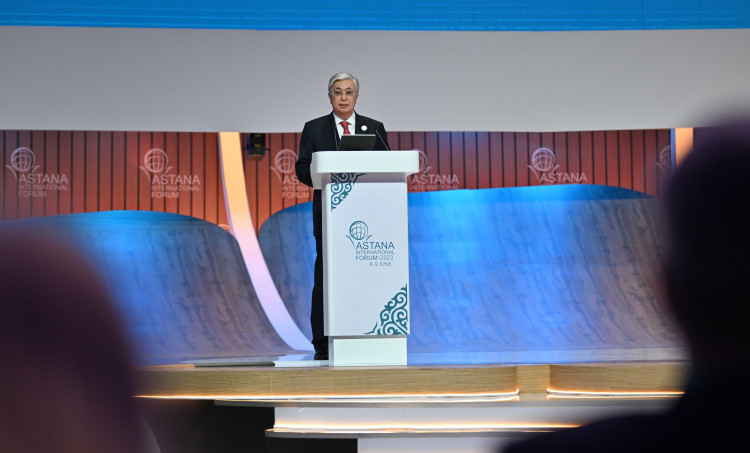
On 8-9 June 2023, the Kazakh capital Astana hosted the first Astana International Forum (AIF) under the motto “Tackling Challenges Through Dialogue: Towards Cooperation, Development, and Progress.” At the Forum, 100+ speakers and moderators, 100+ diplomats and ambassadors, and 1000+ international guests from all over the world discussed various topics clustered under four headings, namely, foreign policy and international security; international development and sustainability; energy and climate change; and economy and finance, in more than 40 sessions. Dozens of international journalists, as well as representatives of think-tanks including AVİM also followed the Forum.[1] The Kazakh President Kassym-Jomart Tokayev in his message to the prospective participants of the Forum stated that the event was “created to respond to global challenges, prioritizing cooperation as the fundamental principle of the functioning international system.”
The AIF is not an entirely new event. It has its origins in the Astana Economic Forum, which was held annually between 2008 and 2019 before evolving into its current form, i.e., the AIF as an afresh international platform addressing key global challenges and a wider range of topics than just the economy. This change itself indeed can be perceived as an indication and consequence of the evolution of Kazakhstan’s self-perception as a regional and global actor and the consequent progression of the foreign policy agenda of the country. In any case, the AIF 2023 was in earnest a display of the way Kazakhstan envisages itself in the regional and global contexts as a middle power.
The topics and the content of the forum discussions provide insight into the vision, strategy, priorities, and policies of Kazakhstan. Besides these, President Tokayev’s speech at the plenary session of the Forum was a concise summary of the Kazakh perspective of the global and regional developments. This speech also included the messages that Astana intends to convey to the world.
The Troubles of the Global System
In his speech, President Tokayev identified the present time as an era of unprecedented geopolitical tensions. Tokayev went further to argue that the very foundation of the world order that has been built since the creation of the UN is now crumbling. By that, he drew attention to the existential risks that the global system is facing. Tokayev stressed the “return of earlier divisive ‘bloc’ mentalities unseen for 30 years.” He said that the world is being divided not only geopolitically but also economically as the economy has been openly weaponized by sanctions, trade wars, and targeted debt policies. Tokayev pointed out that all these are the factors that gradually undermine free trade, global investment, innovation, and fair competition, which he deemed as the foundation upon which global peace and prosperity of recent decades rest. Tokayev also censured the existing order by underlying that for the global system to survive, it “must work for everyone, promoting peace and prosperity for the many, rather than for the few.” This was a clear message about the unfairness of the global system and a criticism targeting the ‘great powers.’
A Case for a Strengthened and Reformed Multilateralism
Upon addressing the fallacies of the global order, Tokayev stressed the necessity of cherishing the UN as the very foundation of the present world order and the “only universal global organization, which unites all together.” He maintained that multilateralism centered on the UN’s principles and values is not only the most effective way to address global challenges, but it is the only way to do so. Nevertheless, in line with his aforementioned criticism of the unfairness of the global system, he also stressed the need for a comprehensive reform of the UN Security Council to enable the voices of “middle powers” in the Council to “be amplified and clearly heard.” As such, Tokayev put criticisms and desires of many of the rising powers of the global south into words.
The Great Eurasian Steppe and Kazakhstan as a Crossroads
A noteworthy emphasis of Tokayev in his speech was the position of Kazakhstan as a country at the crossroads between East-West and North-South connectivity, which, he stated, has given the country its unique national identity. Tokayev underlined that the unique and strategically important position of Kazakhstan provides the country with advantages in building economic relations and business partnerships with different foreign actors. In this context, Tokayev emphasized the Trans-Caspian International Transport Route (the Middle Corridor) and the China-led Belt and Road Initiative as highly important projects. These emphases manifested Astana’s strategic outlook to capitalize on its critical location at the heart of Eurasia.
Kazakhstan as the Promoter of Peace and Security
Following his diagnosis of the fallacies of the global system, President Tokayev reaffirmed his country’s commitment to the Nuclear Non-Proliferation Treaty. He also underlined the Astana Peace Process to address the Syrian crisis and the Conference on Interaction and Confidence building Measures in Asia (CICA) headquartered in Astana. Importantly, Tokayev expressed Kazakhstan's commitment to growing regional cooperation with other Central Asian countries, as well. In that vein, he expressed Astana’s vision of regionalization in Central Asia with a confident claim of becoming the economic engine in and for Central Asia.
Reforms in Kazakhstan
Tokayev did not only focus on international affairs. He also addressed political and economic reforms in Kazakhstan that have been taking place since the beginning of his presidency. As to that, underlining “law and order” as his credo, Tokayev identified building a “just and fair Kazakhstan” as his goal. He stressed the need for political reforms and investments in human capital to save the country from the middle-income trap and make the Kazakh economy more resilient.
Climate Change and Green Economy
Lastly, Tokayev tackled climate change and its disastrous results for Central Asia. Giving some examples of the highly devastating economic results of climate change, Tokayev stated that Kazakhstan could offer green economy opportunities and “finally emerge as a renewable energy hub.” For that, he called for international support and partnership.
…
As said above, President Tokayev’s speech at the plenary session of the Astana International Forum was a summary of the Kazakh perspective on global and regional developments and the messages that Astana intends to convey to the world. It could be deduced from this speech that in an era of intensifying geopolitical competition, polarization, and divisions, Astana’s foreign policy priority is to stay out of geopolitical rivalries and to withstand the pressures to take sides in great power competitions. It can be seen that for Kazakhstan neighboring Russia and China and having significant economic and trade relations with the EU, this is an imperative to avoid situations that would force it to compromise its national interests.
Yet, Astana’s vision is not limited to avoiding being a party of the great power rivalries as a junior partner on one side or another. It is also quite wrong to think Astana is pursuing a self-isolationist foreign policy. On the contrary, it can be seen that Kazakhstan pursues a more proactive foreign policy by seeking to develop bilateral relations with all the countries that are willing to do so on the grounds of mutual benefits. Likewise, at a time when the world is entering into a post-post-cold war era, Kazakhstan aims to improve its global and regional standing by becoming a facilitator of international dialogue and cooperation, as well as a regional hub for economic initiatives. Besides, Astana sees reinforcing multilateralism in the international domain as a critical objective to preclude the negative consequences of great power competition. For that, it regards the UN as the ultimate and utmost mechanism, despite acknowledging the fallacies of this organization, which arise particularly due to the predominance of the five permanent members of the UN Security Council.
President Tokayev’s speech shows that Astana understands not only the challenges but also the opportunities that the new geopolitical and geoeconomic developments generate. One can see the resoluteness of Astana to consolidate Kazakhstan's international status as a middle power by capitalizing on the opportunities that the recent geopolitical and geoeconomic developments present. Astana also recognizes that if it acts timely and effectively, it can secure itself a pivotal place in the global trade on East-West and North-South routes. Realization of this possibility would not only render Kazakhstan an important transit hub but also a trade hub. Yet, this prospect does not just rest on the performance of Kazakhstan. Economic and political regionalization in Central Asia is crucial for the realization of this prospect. For this reason, it would be wise for Astana to do its best to stimulate regionalization in Central Asia as President Tokayev implied. Being attentive to the perspectives, threat perceptions, and interests of the other Central Asian republics and contributing to the further development and consolidation of the Organization of Turkic States as a vital multilateral mechanism would be important factors in achieving this objective.
* Photograph: Official website of the President of the Republic of Kazakhstan
[1] AVİM Senior Analyst Dr. Turgut Kerem Tuncel represented AVİM at the AIF.
© 2009-2025 Center for Eurasian Studies (AVİM) All Rights Reserved
No comments yet.
-
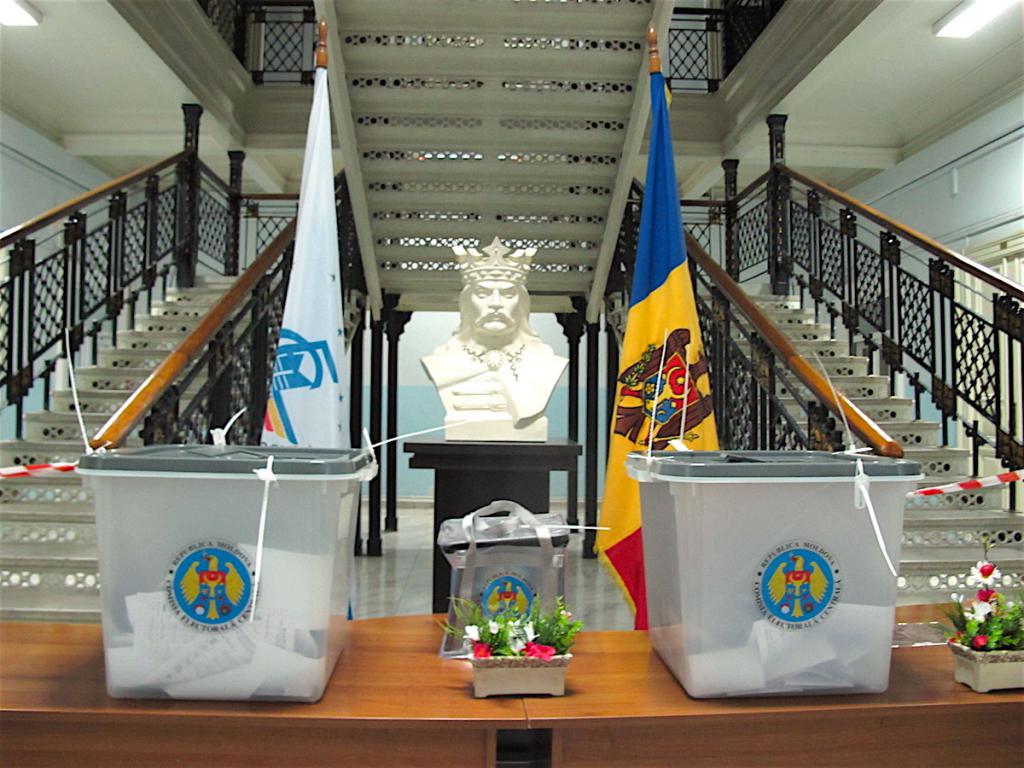 THE 2020 PRESIDENTIAL ELECTIONS IN MOLDOVA: A NEW POLITICAL CONTEXT IN THE POST-SOVIET SPACE?
THE 2020 PRESIDENTIAL ELECTIONS IN MOLDOVA: A NEW POLITICAL CONTEXT IN THE POST-SOVIET SPACE?
Turgut Kerem TUNCEL 02.12.2020 -
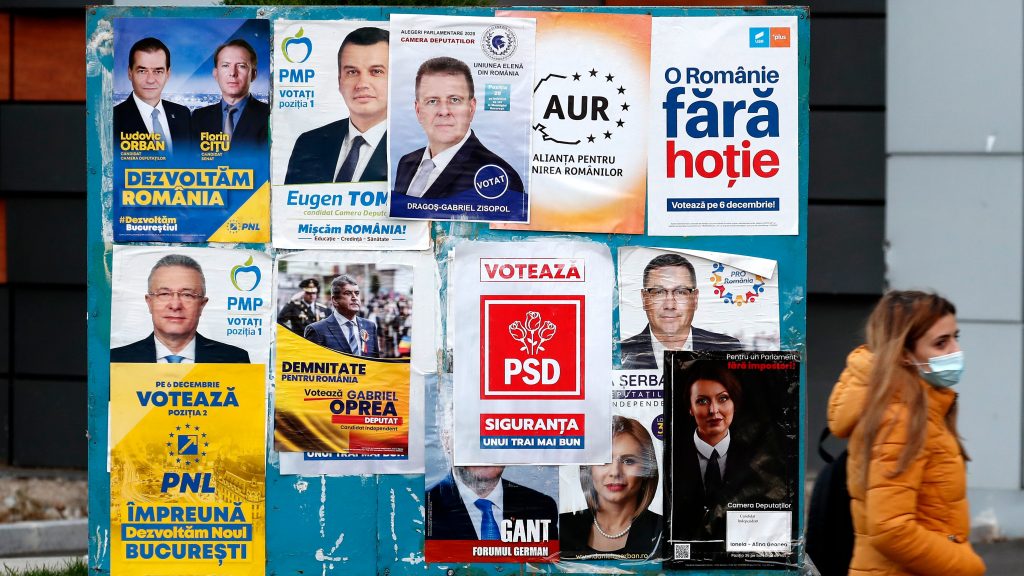 THE DECEMBER 2020 LEGISLATIVE ELECTIONS AND THE NEW COALITION GOVERNMENT IN ROMANIA
THE DECEMBER 2020 LEGISLATIVE ELECTIONS AND THE NEW COALITION GOVERNMENT IN ROMANIA
Turgut Kerem TUNCEL 05.01.2021 -
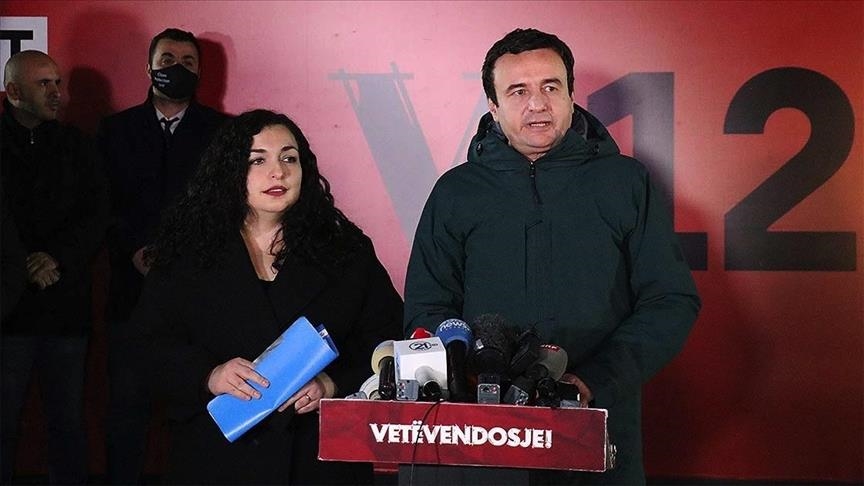 OPPORTUNITIES AND CHALLENGES AHEAD OF KOSOVO AFTER THE FEBRUARY 2021 PARLIAMENTARY ELECTIONS
OPPORTUNITIES AND CHALLENGES AHEAD OF KOSOVO AFTER THE FEBRUARY 2021 PARLIAMENTARY ELECTIONS
Turgut Kerem TUNCEL 22.02.2021 -
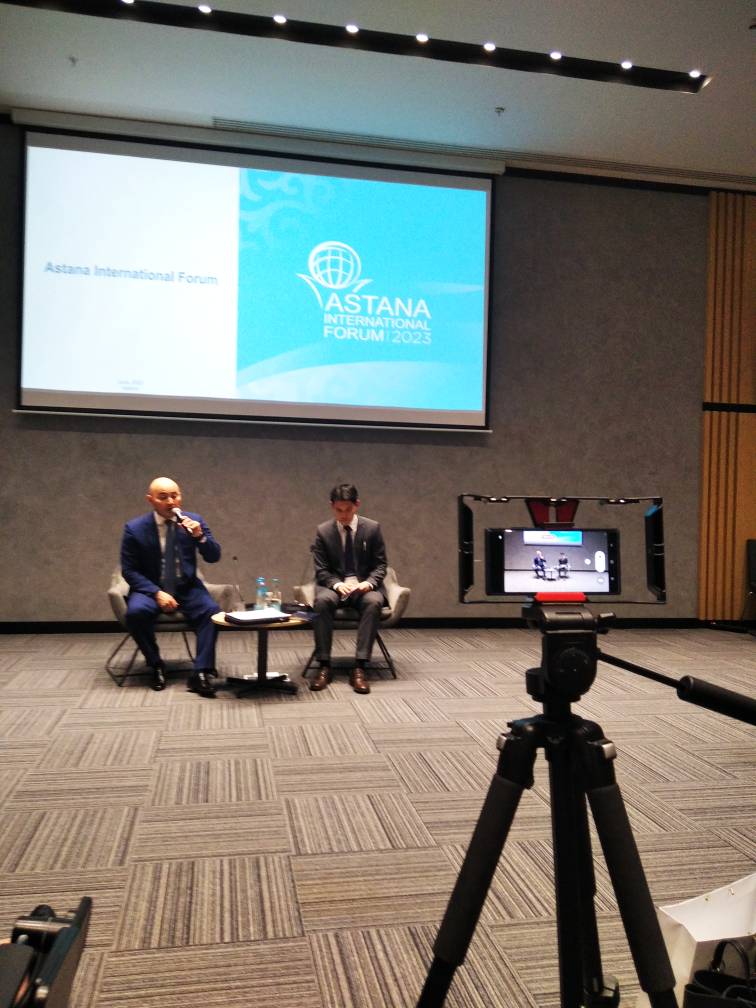 KAZAKHSTAN'S ECONOMIC AND FOREIGN POLICIES: NOTES FROM ASTANA - I
KAZAKHSTAN'S ECONOMIC AND FOREIGN POLICIES: NOTES FROM ASTANA - I
Turgut Kerem TUNCEL 15.06.2023 -
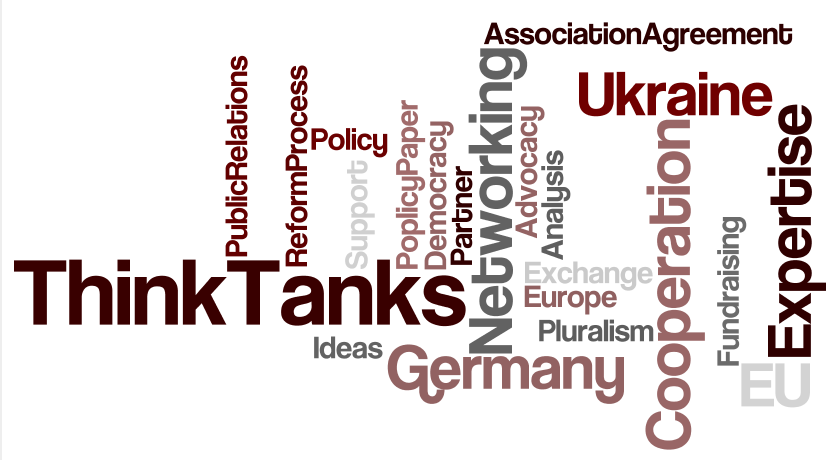 THE ‘ARMENIAN QUESTION’ IN UKRAINE - III: THE INTELLIGENTSIA OF DOWNTOWN KYIV
THE ‘ARMENIAN QUESTION’ IN UKRAINE - III: THE INTELLIGENTSIA OF DOWNTOWN KYIV
Turgut Kerem TUNCEL 14.05.2021
-
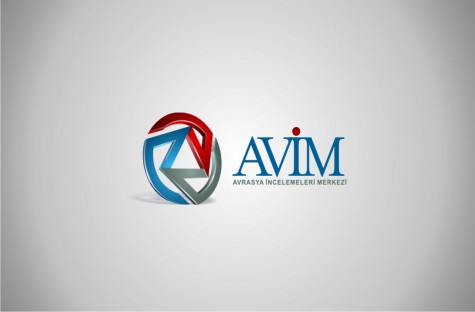 LOW-ENRICHED URANIUM (LEU) BANK TO BE ESTABLISHED IN KAZAKHSTAN
LOW-ENRICHED URANIUM (LEU) BANK TO BE ESTABLISHED IN KAZAKHSTAN
Pelin EMLİK 06.09.2015 -
 A LOOK INTO THE YEAR 2025
A LOOK INTO THE YEAR 2025
AVİM 02.01.2025 -
THE NEW SECRETARY OF STATE OF THE USA
Alev KILIÇ 01.02.2013 -
SEASON OF RESOLUTIONS STARTED IN THE US
Ömer Engin LÜTEM 23.03.2012 -
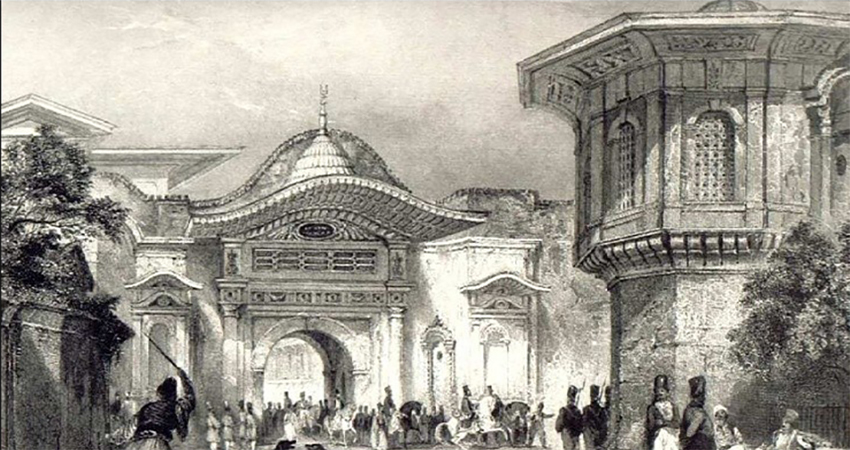 THE FIGHT AGAINST EXTREMISM AND THE OTTOMAN LEGACY
THE FIGHT AGAINST EXTREMISM AND THE OTTOMAN LEGACY
Mehmet Oğuzhan TULUN 11.05.2022
-
25.01.2016
THE ARMENIAN QUESTION - BASIC KNOWLEDGE AND DOCUMENTATION -
12.06.2024
THE TRUTH WILL OUT -
27.03.2023
RADİKAL ERMENİ UNSURLARCA GERÇEKLEŞTİRİLEN MEZALİMLER VE VANDALİZM -
17.03.2023
PATRIOTISM PERVERTED -
23.02.2023
MEN ARE LIKE THAT -
03.02.2023
BAKÜ-TİFLİS-CEYHAN BORU HATTININ YAŞANAN TARİHİ -
16.12.2022
INTERNATIONAL SCHOLARS ON THE EVENTS OF 1915 -
07.12.2022
FAKE PHOTOS AND THE ARMENIAN PROPAGANDA -
07.12.2022
ERMENİ PROPAGANDASI VE SAHTE RESİMLER -
01.01.2022
A Letter From Japan - Strategically Mum: The Silence of the Armenians -
01.01.2022
Japonya'dan Bir Mektup - Stratejik Suskunluk: Ermenilerin Sessizliği -
03.06.2020
Anastas Mikoyan: Confessions of an Armenian Bolshevik -
08.04.2020
Sovyet Sonrası Ukrayna’da Devlet, Toplum ve Siyaset - Değişen Dinamikler, Dönüşen Kimlikler -
12.06.2018
Ermeni Sorunuyla İlgili İngiliz Belgeleri (1912-1923) - British Documents on Armenian Question (1912-1923) -
02.12.2016
Turkish-Russian Academics: A Historical Study on the Caucasus -
01.07.2016
Gürcistan'daki Müslüman Topluluklar: Azınlık Hakları, Kimlik, Siyaset -
10.03.2016
Armenian Diaspora: Diaspora, State and the Imagination of the Republic of Armenia -
24.01.2016
ERMENİ SORUNU - TEMEL BİLGİ VE BELGELER (2. BASKI)
-
AVİM Conference Hall 24.01.2023
CONFERENCE TITLED “HUNGARY’S PERSPECTIVES ON THE TURKIC WORLD"









